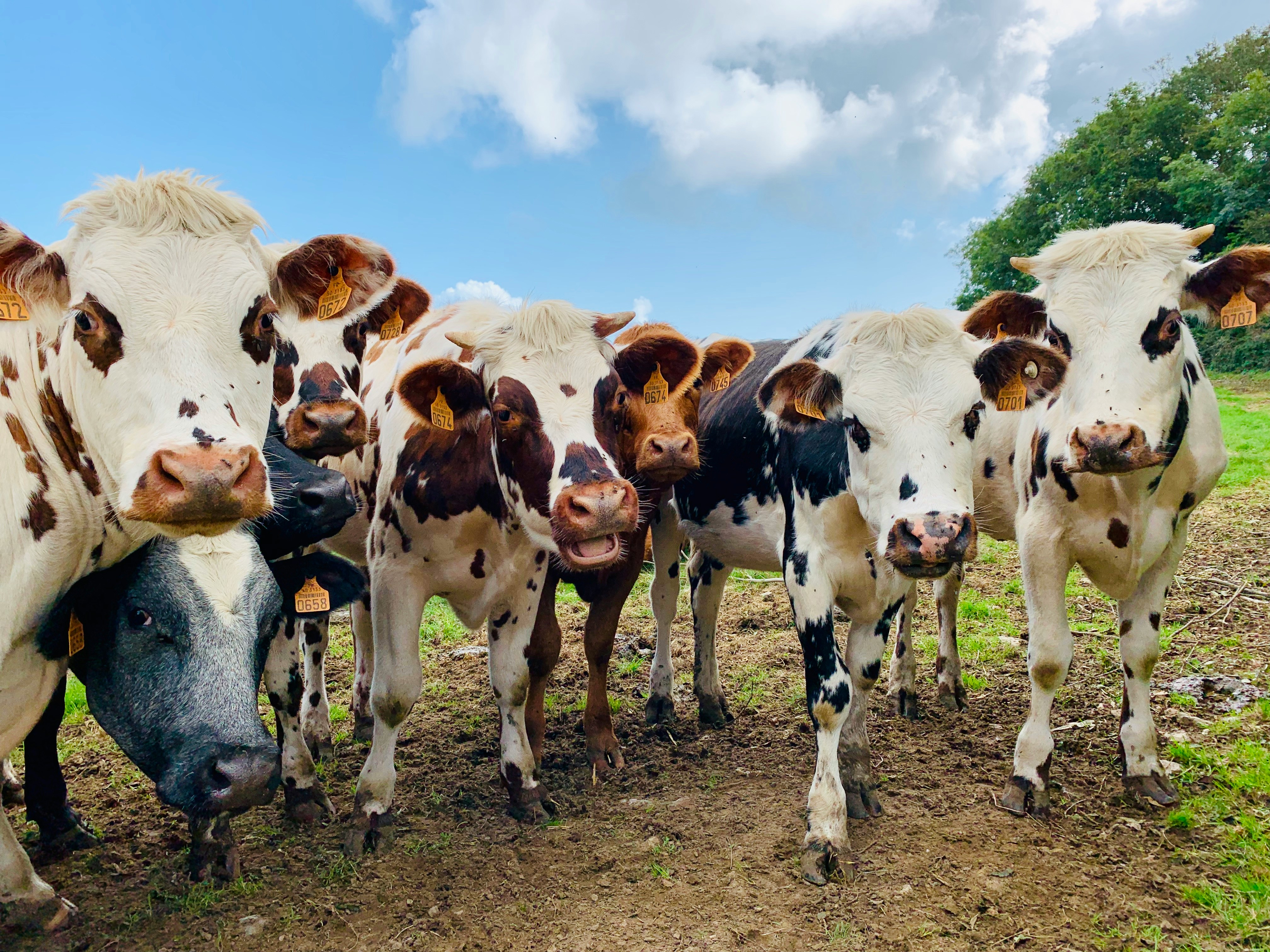Key Takeaways
- Innovative Collaboration: The Pirbright Institute and the Royal Veterinary College are working on reducing methane emissions from cattle through a new vaccine.
- Significant Funding: Supported by a $9.4 million grant from the Bezos Earth Fund, this project seeks to reduce livestock methane emissions by more than 30%.
- Focus on Biotechnology: The project uses state-of-the-art biotechnology to study how vaccines can target methanogens in cattle.
- Two Key Components: Research involves studying early immune responses in cattle and developing antibodies to target methane-producing microbes.
- Global Impact Potential: Success could revolutionize methane management in agriculture, offering a scalable solution to a significant greenhouse gas source.
Overview
The Pirbright Institute and the Royal Veterinary College (RVC) have launched a pioneering collaboration aimed at reducing methane emissions from cattle, a major contributor to climate change. Supported by a $9.4 million grant from the Bezos Earth Fund, the project explores the potential of a new vaccine to cut livestock methane emissions by more than 30%. This initiative represents a significant effort to address one of the largest sources of greenhouse gases using cutting-edge biotechnology.
Addressing Methane Emissions
Livestock are a primary source of methane, a potent greenhouse gas with a substantial impact on climate change. The Bezos Earth Fund, in partnership with the Global Methane Hub, has been investing in various approaches to reduce these emissions, including low-methane genetics, improved feed, and better ranch management practices. However, a vaccine offers a universal, scalable, and cost-effective solution that can be integrated into existing farm management systems.
Dr. Andrew Steer, President and CEO of the Bezos Earth Fund, highlighted the project’s potential: “This groundbreaking research explores whether a moonshot to cut livestock methane emissions is achievable. Vaccines have proven to be incredibly effective in global health, and if we can apply this approach to cattle, the potential for reducing emissions is immense. The Bezos Earth Fund is committed to high-risk, high-reward projects like this, which have the power to transform our efforts against climate change.”
Research Components
The project comprises two main components, each addressing different aspects of methane emission reduction:
- Early Development of Immune Response: Researchers at RVC, in collaboration with the Consejo Superior de Investigaciones Científicas (CSIC), will study how methane-producing microbes (methanogens) colonize the digestive tract of calves and how the immune system responds. Advanced techniques such as multi-omics, histology, and immunology will be used to gain insights into these early interactions. Methanogens with fluorescent markers will be developed to track microbial interactions.
- Antibody Response and Vaccine Development: Scientists from the Pirbright Institute and AgResearch will identify and characterize specific antibodies needed to target methanogens effectively. This involves isolating antibodies from immunized cattle and testing their effectiveness in lab conditions. By driving cross-reactive antibody responses and generating panels of antibodies, researchers aim to establish a proof of concept for a methane vaccine.
Dr. John Hammond, Immunogenetics Group Leader at Pirbright Institute, explained the project’s approach: “We’re not developing a methane vaccine per se, but rather defining what a successful vaccine needs to achieve. By understanding the precise antibody responses required, we can provide a clear path forward for vaccine development. This approach reduces the trial-and-error aspect and focuses on targeted, high-resolution immunology.”
Addressing Knowledge Gaps
The project aims to address several knowledge gaps, including understanding how antibodies inhibit methanogen growth, identifying effective vaccine-induced antibodies, and determining specific methanogen surface antigens. By filling these gaps, the research team aims to guide the development of an effective methane vaccine.
Dr. Dirk Werling, Professor of Molecular Immunology at RVC, emphasized the importance of this research: “Understanding the early colonization of methanogens and the immune response is crucial. Our work aims to provide the foundational knowledge needed to develop effective interventions. By combining our efforts with Pirbright and CSIC, we’re making strides toward a sustainable solution.”



1 Comment